

The school brings together subject experts from the applied humanities and social sciences, including applied criminology, humanitarianism and international development, social policy and evaluation, social work and youth work, health, environmental policy, sustainability and urban planning.
Our research contributes to the SDG2030 goals, in particular SDG3 (Good Health and Wellbeing), SDG5 (Gender Equality), SDG10 (Reduced Inequalities), SDG 11 (Sustainable Cities and Communities), SDG13 (Climate Action), SDG16 (Peace, Justice and Strong Institutions) and SDG 17 (Partnerships for the Goals).
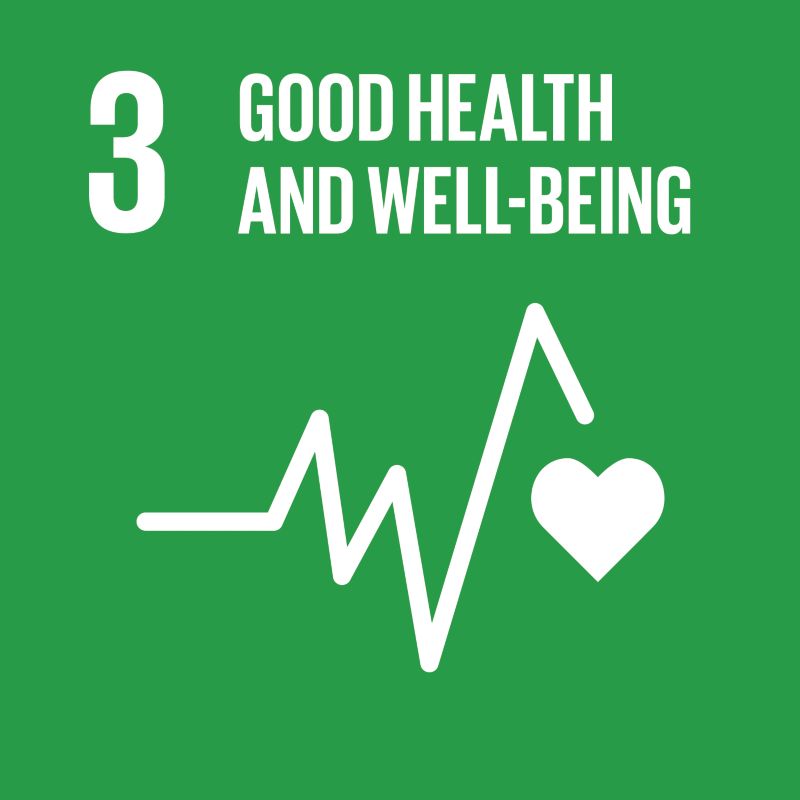
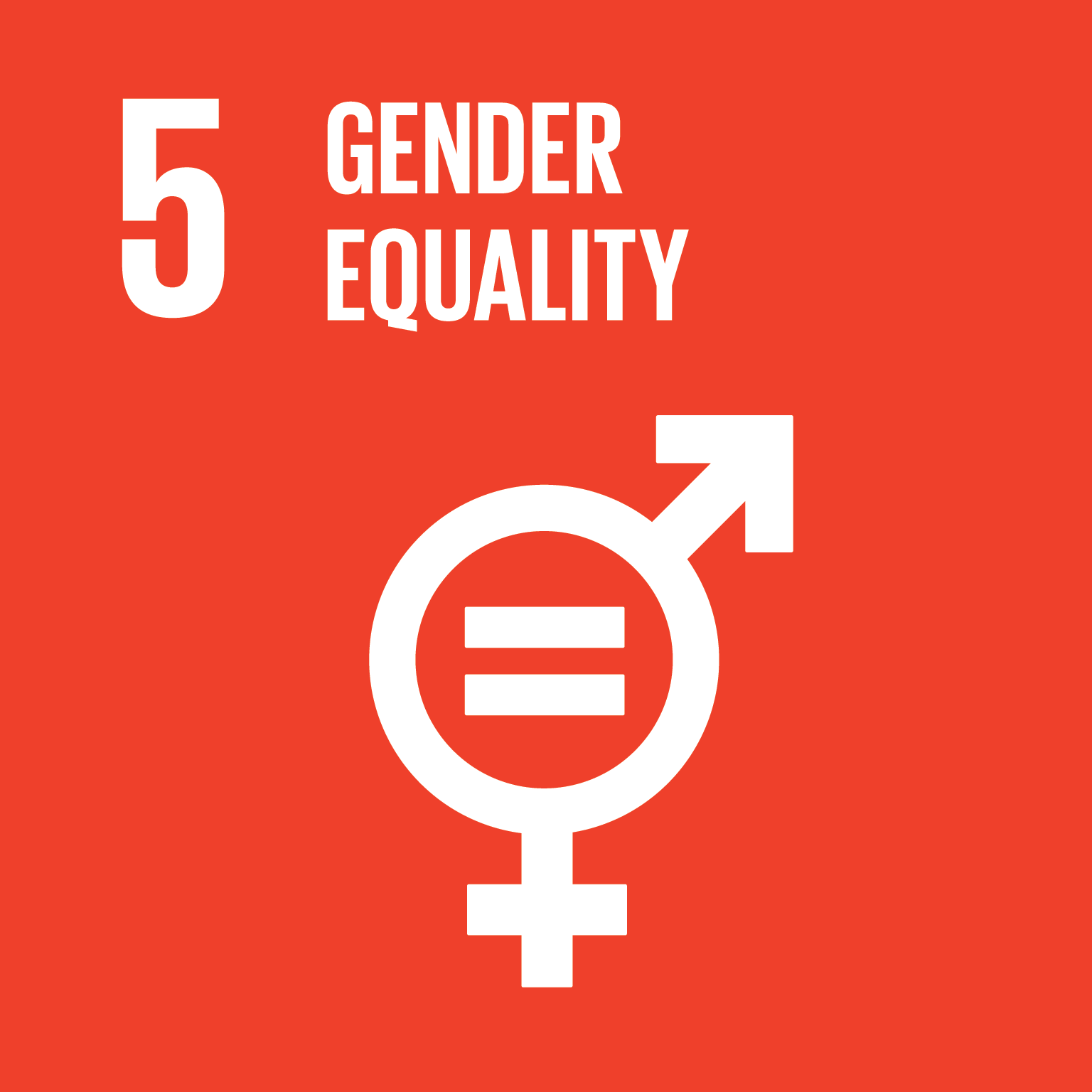
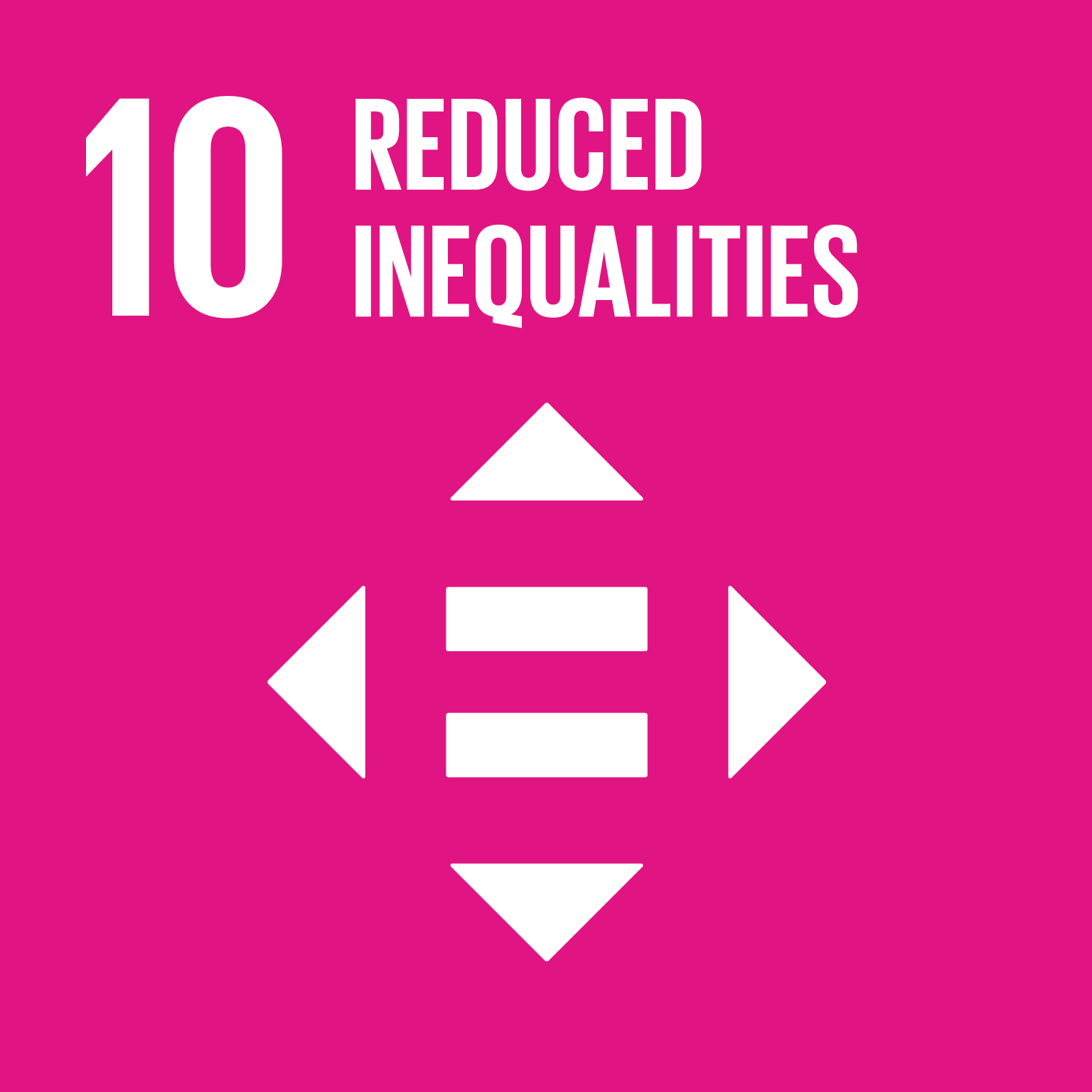
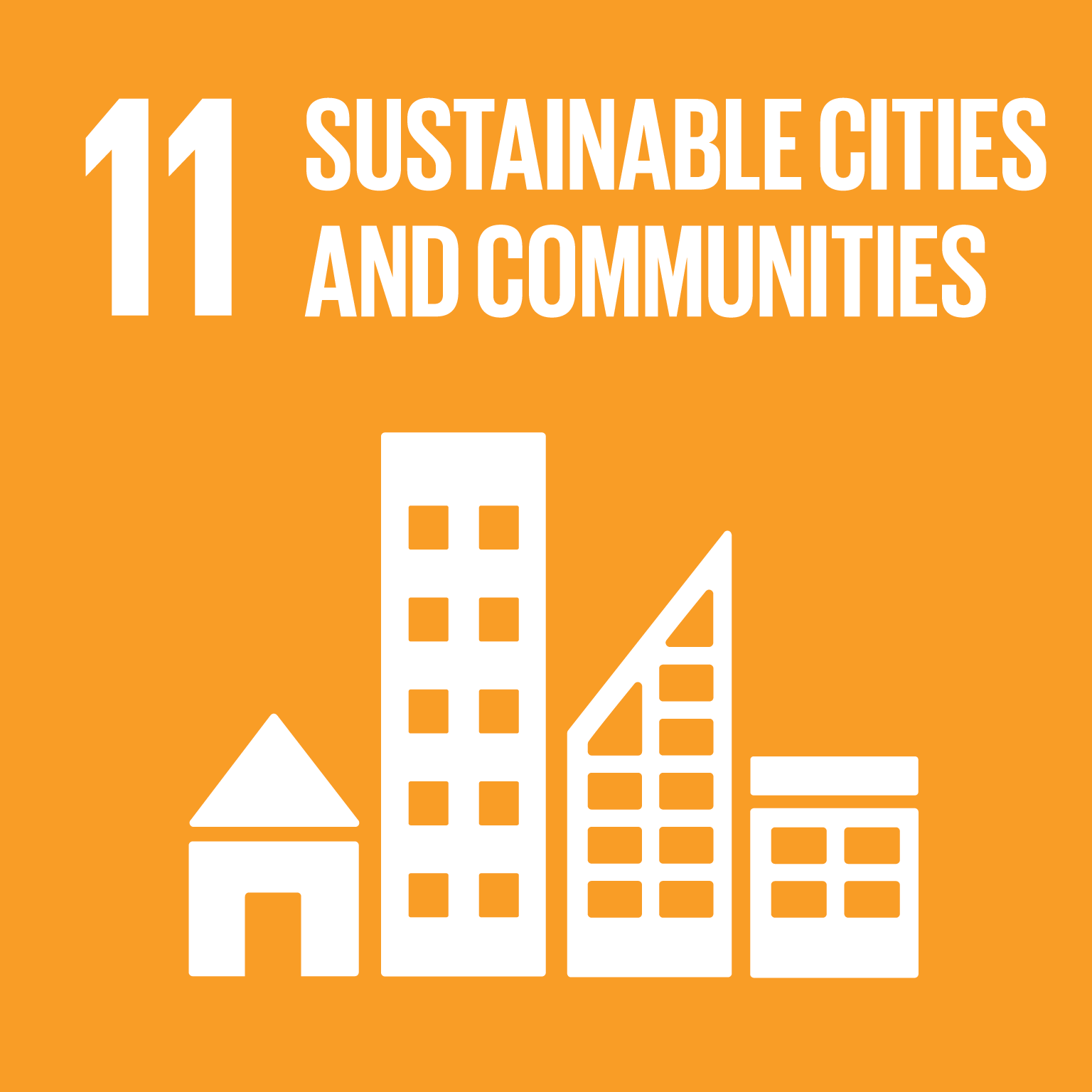
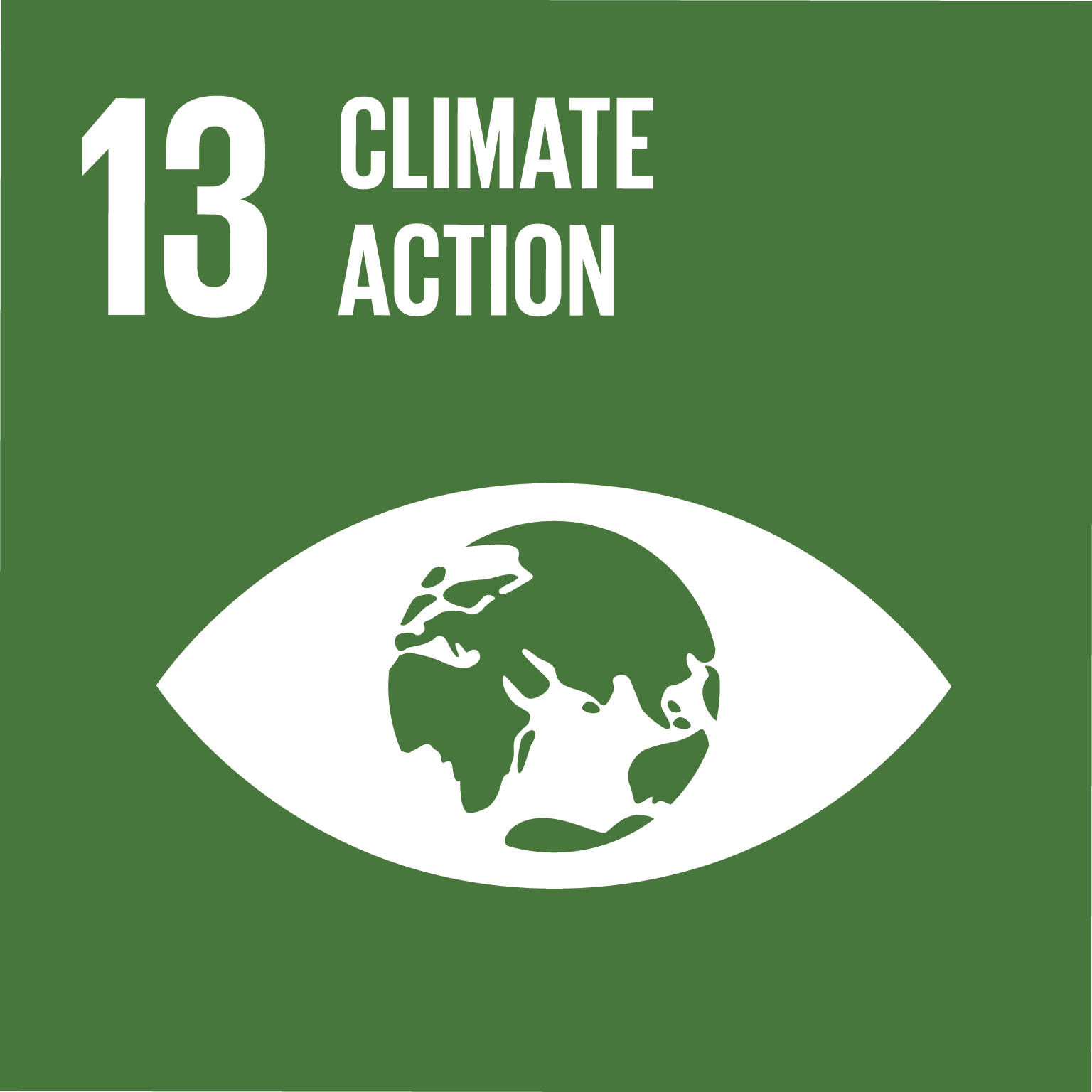
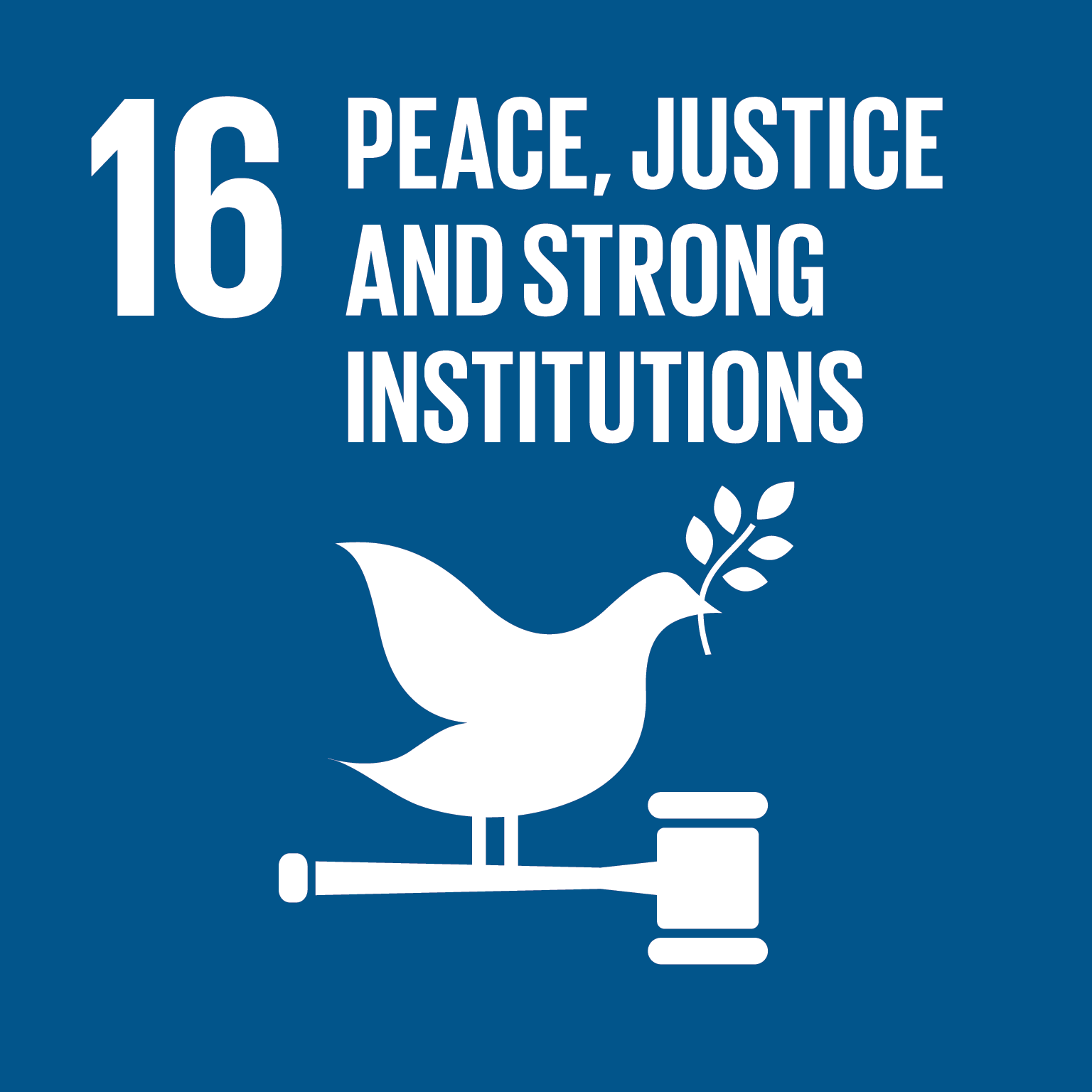
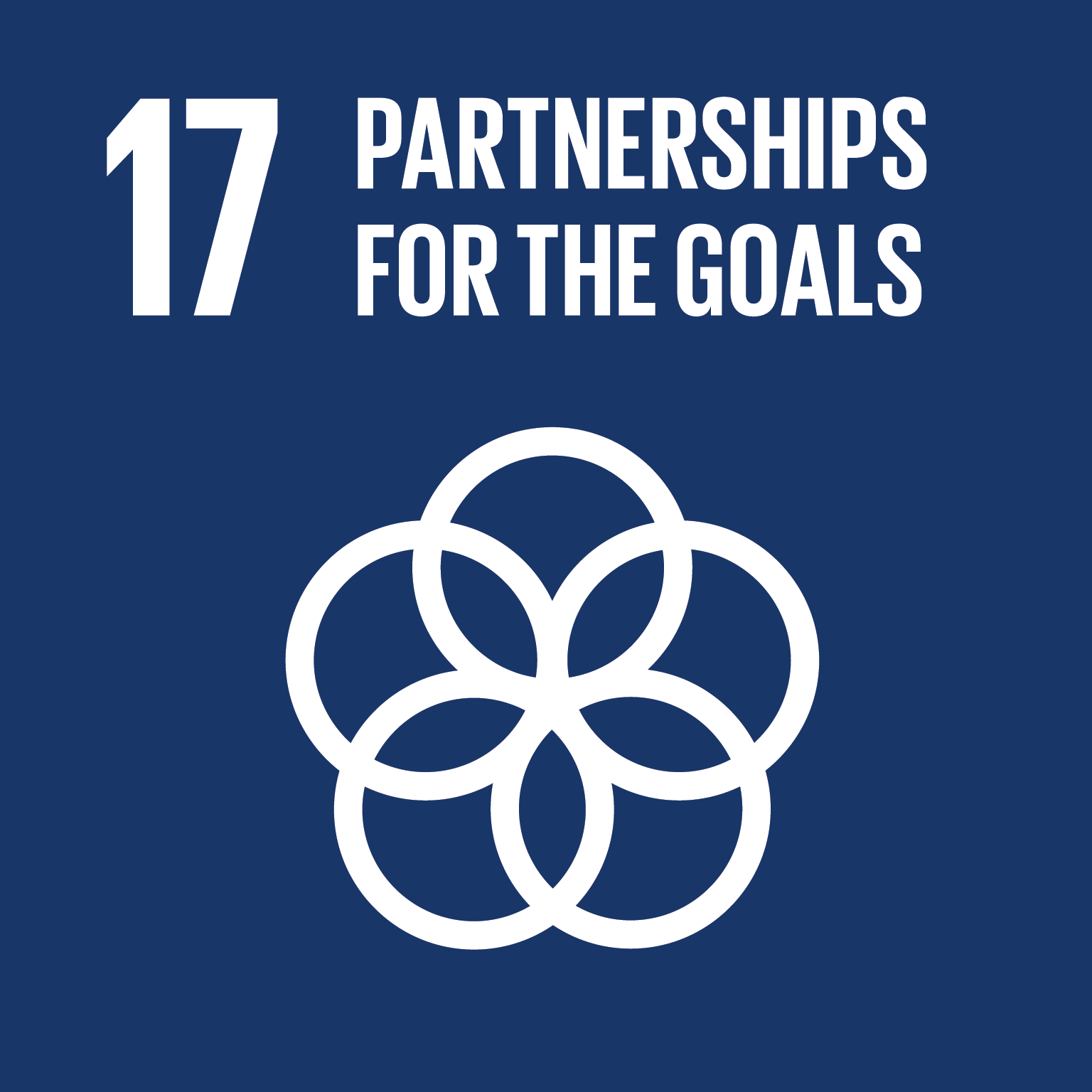
The school also supports over 100 Higher Degree by Research (HDR) candidates enrolled in PhD and Masters by Research programs. Covering a range of applied and theoretical topics, our HDR programs offer excellent opportunities for industry and community-focused professional development.
From 2025 The School of Global, Urban and Social Studies will offer a school-wide honours program. This intake will be in addition to our Bachelor of Urban and Regional Planning (Honours) and our Bachelor of Social Work (Honours) degrees currently on offer.
Working closely with our discipline areas, the Research Training Unit offers research-based programs and courses, from the undergraduate level through to Masters by coursework and Higher Degrees by Research. These courses develop critical research and analytical skills, preparing students and candidates for careers that involve working with research and data, and research providers or in the higher education sector. Our courses for HDR candidates are open to enrolments from across the College of Design and Social Context and the University, bringing researchers together from across disciplines.

The School of Global, Urban and Social Studies has a vibrant, interdisciplinary and international research culture that is primarily delivered through two highly successful research centres:
Address: 360 Swanston Street, Melbourne, VIC 3000
Location: Melbourne City Campus, Building 8, Level 10
Hours: Monday to Friday: 9am–5pm
Phone: +61 3 9925 2328
School of Global, Urban and Social Studies
GPO Box 2476
Melbourne, Victoria - 3001
Phone: Call +61 3 9925 5000 and select the option to 'Speak to your School' then 'College of Design and Social Context'.
Operating hours: 9am-5pm Mon-Thurs, 10am-5pm Friday excluding public holidays.
Centre for Urban Research: cur@rmit.edu.au
Social Equity Research Centre: serc@rmit.edu.au
The School of Global, Urban and Social Studies is led by a team of professionals with knowledge and experience across their fields, including sustainability, language studies, justice, and social work, and more.


RMIT University acknowledges the people of the Woi wurrung and Boon wurrung language groups of the eastern Kulin Nation on whose unceded lands we conduct the business of the University. RMIT University respectfully acknowledges their Ancestors and Elders, past and present. RMIT also acknowledges the Traditional Custodians and their Ancestors of the lands and waters across Australia where we conduct our business - Artwork 'Sentient' by Hollie Johnson, Gunaikurnai and Monero Ngarigo.
Learn more about our commitment to Indigenous cultures